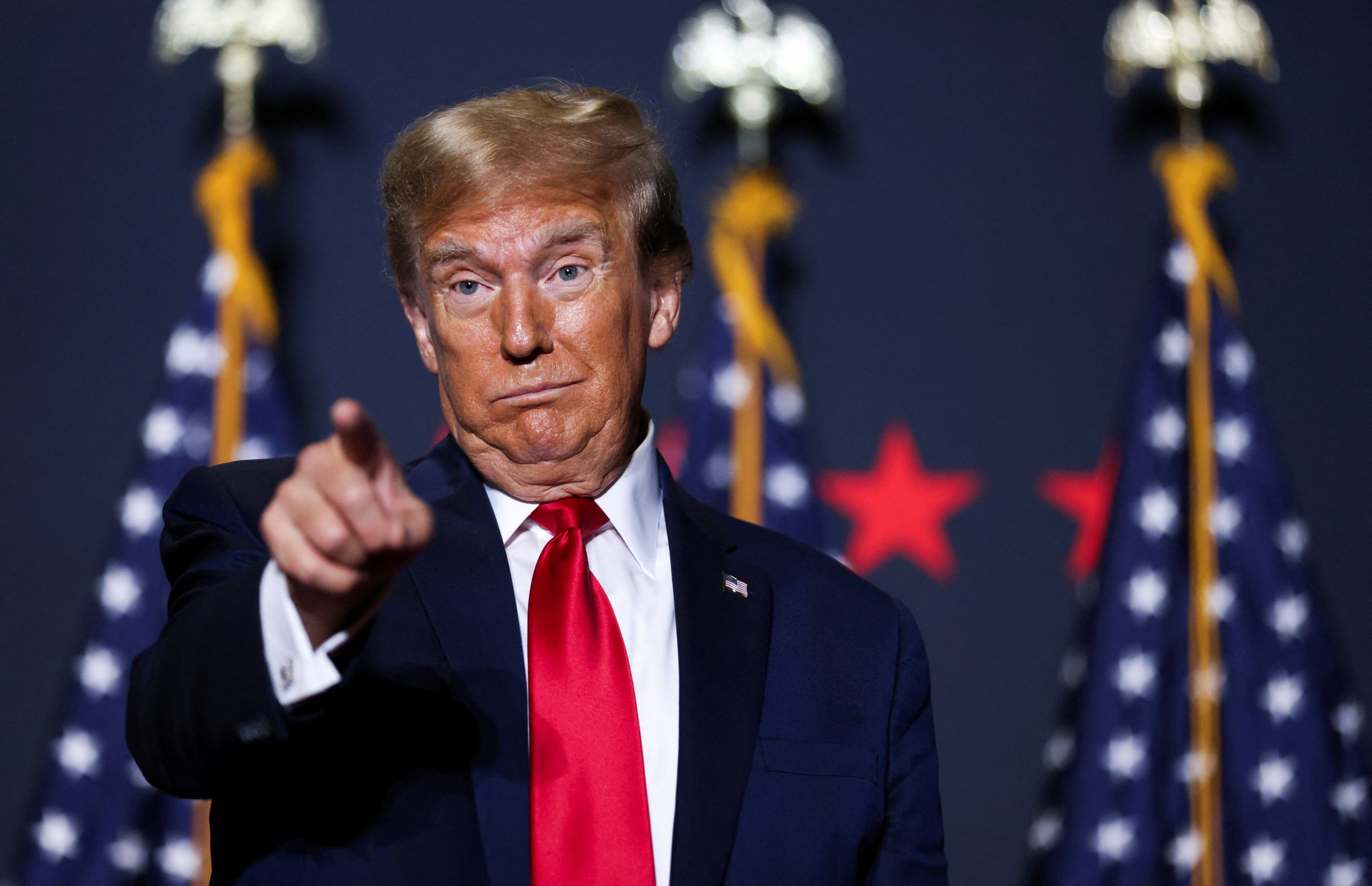President Donald Trump has agreed to delay the imposition of 50% tariffs on European Union (EU) imports until July 9, 2025, following a constructive phone call with European Commission President Ursula von der Leyen. This decision marks a significant de-escalation in trade tensions between the U.S. and the EU, which had been escalating over recent months. (ft.com)
The tariffs, initially set to take effect on June 1, were a response to what President Trump described as insufficient progress in trade negotiations. However, after von der Leyen’s request for more time to reach a comprehensive agreement, Trump agreed to postpone the tariffs, signaling a potential shift from confrontation to compromise. (ft.com)
In their discussion, von der Leyen emphasized the importance of the EU-U.S. trade relationship and expressed Europe’s readiness to engage in rapid and decisive negotiations. She highlighted the EU’s commitment to achieving a mutually beneficial trade agreement and underscored the need for clear and predictable conditions for trade and supply chains to function effectively. (cadenaser.com)
The postponement of the tariffs has been welcomed by European markets, with stocks rising and the euro strengthening slightly. Investors view this development as a positive sign, reducing fears of a renewed trade war between the two major economies. (ft.com)
Despite the tariff delay, the EU remains cautious. EU officials have emphasized the need for mutual respect in negotiations and have warned of potential retaliatory tariffs targeting U.S. goods worth up to €116 billion if satisfactory progress is not made. Both sides have acknowledged the challenges in reaching a compromise, citing persistent disputes over trade imbalances and policy positions. (ft.com)
This development comes amid broader global trade dynamics, including the EU’s consideration of extending its tariff-free agreement on American lobster imports as part of a broader effort to negotiate a trade deal with the U.S. The existing 2020 agreement, which eliminated EU tariffs on lobsters, is set to expire on July 31, coinciding with the end of a temporary easing of the current trade war. (ft.com)
The delay in implementing the 50% tariffs reflects a mutual desire to engage in constructive negotiations and avoid further escalation. Both the U.S. and the EU have expressed a commitment to reaching a fair and balanced trade agreement, with the extended deadline providing an opportunity to address outstanding issues and strengthen transatlantic economic ties.












I cant believe Trump delayed the tariffs after just a nice call. Are we running the country based on compliments now?
Did Trump really delay EU tariffs because of a nice call with Von Der Leyen? Sounds fishy to me 🤔
Seems like Trump is all about those nice calls lately. Do you think this is genuine diplomacy or just a PR move?
Isnt it strange how a simple phone call can suddenly change tariff decisions? Politics is truly a mysterious world!